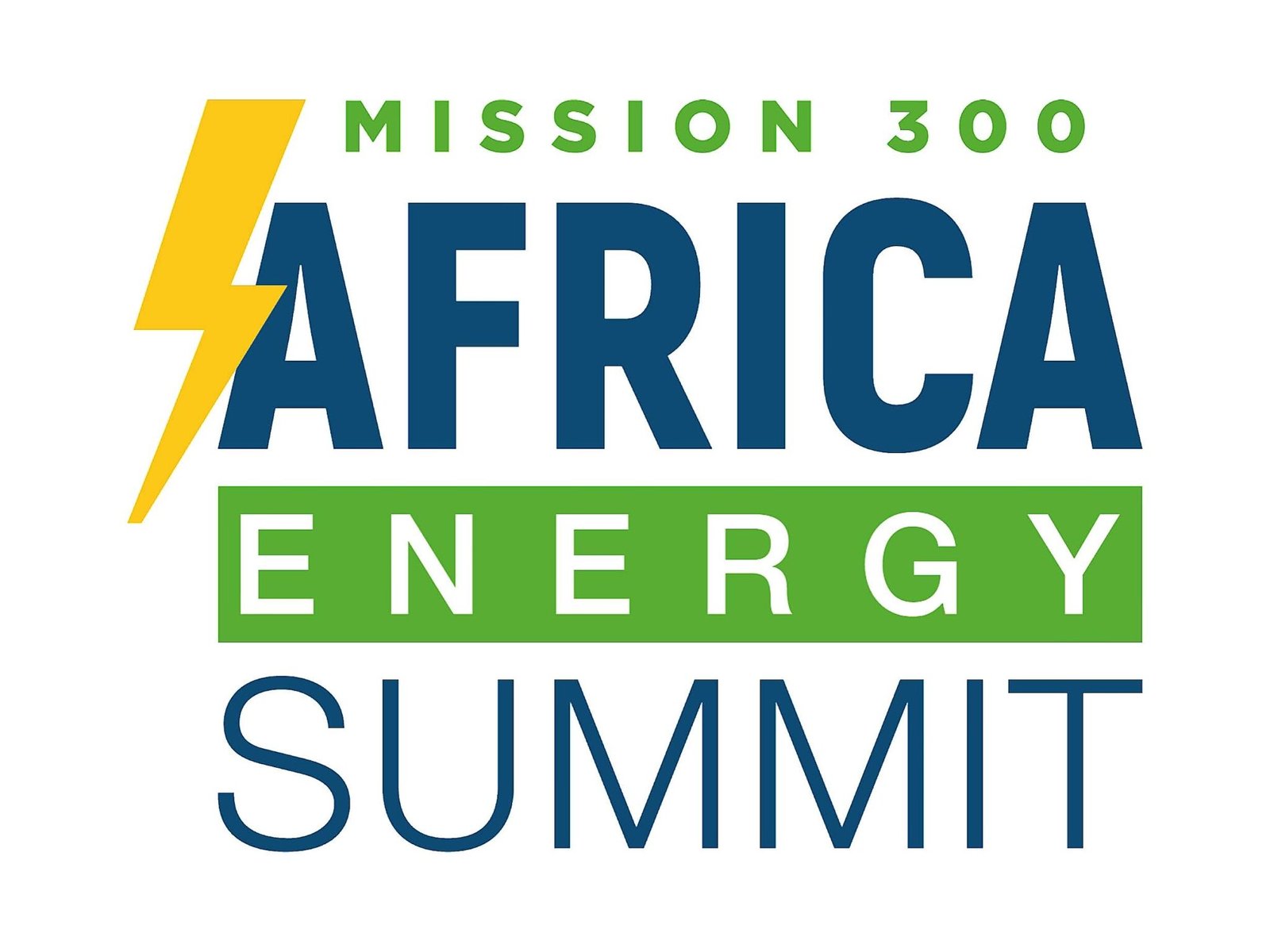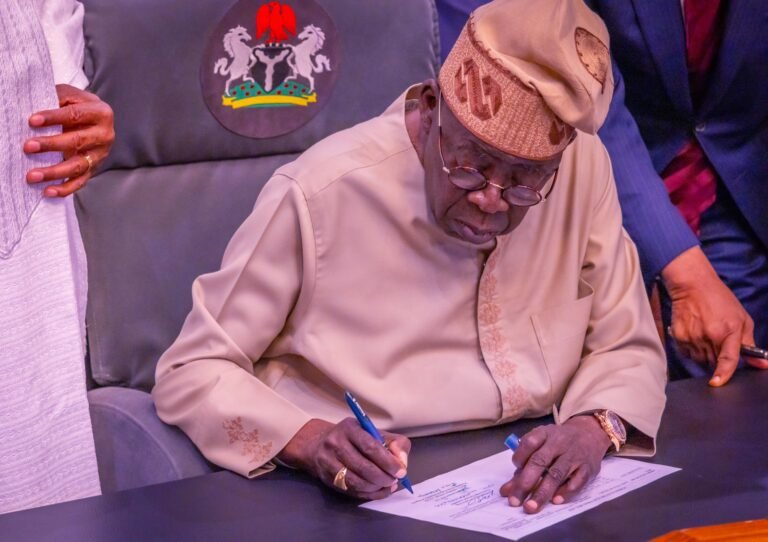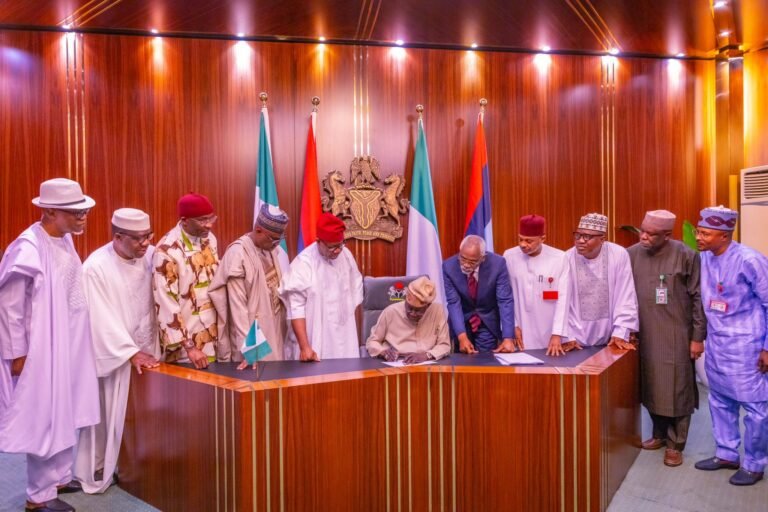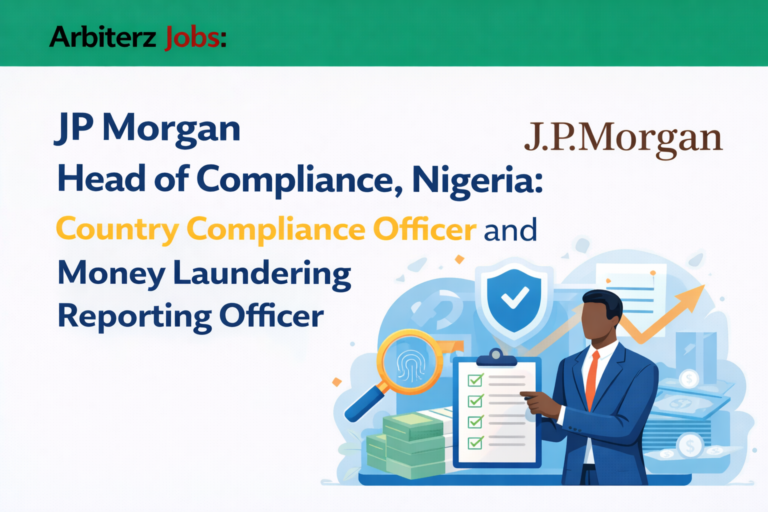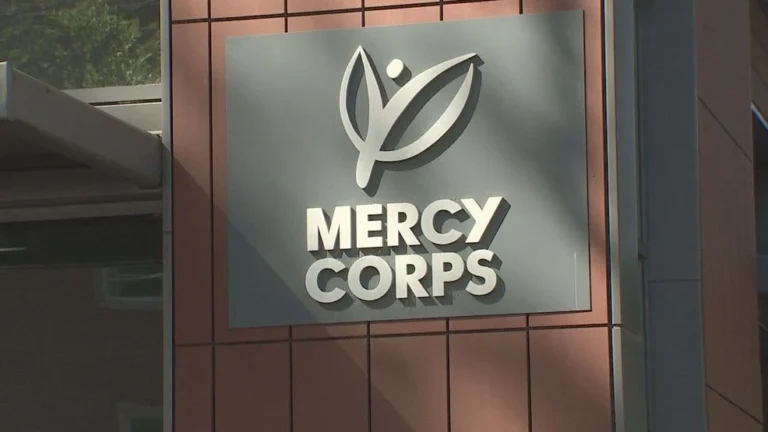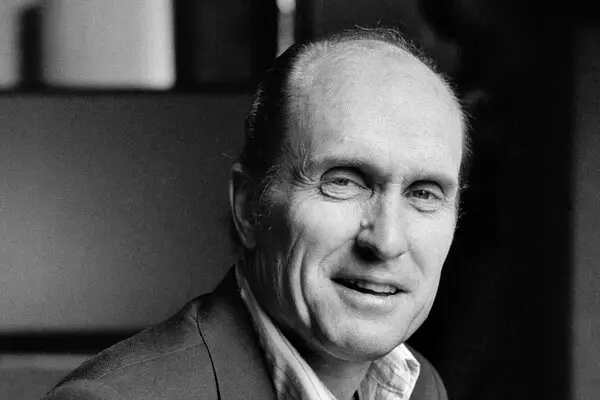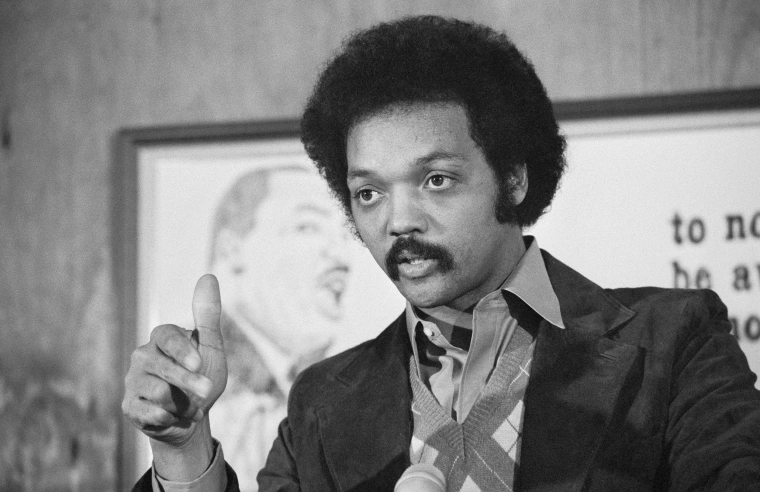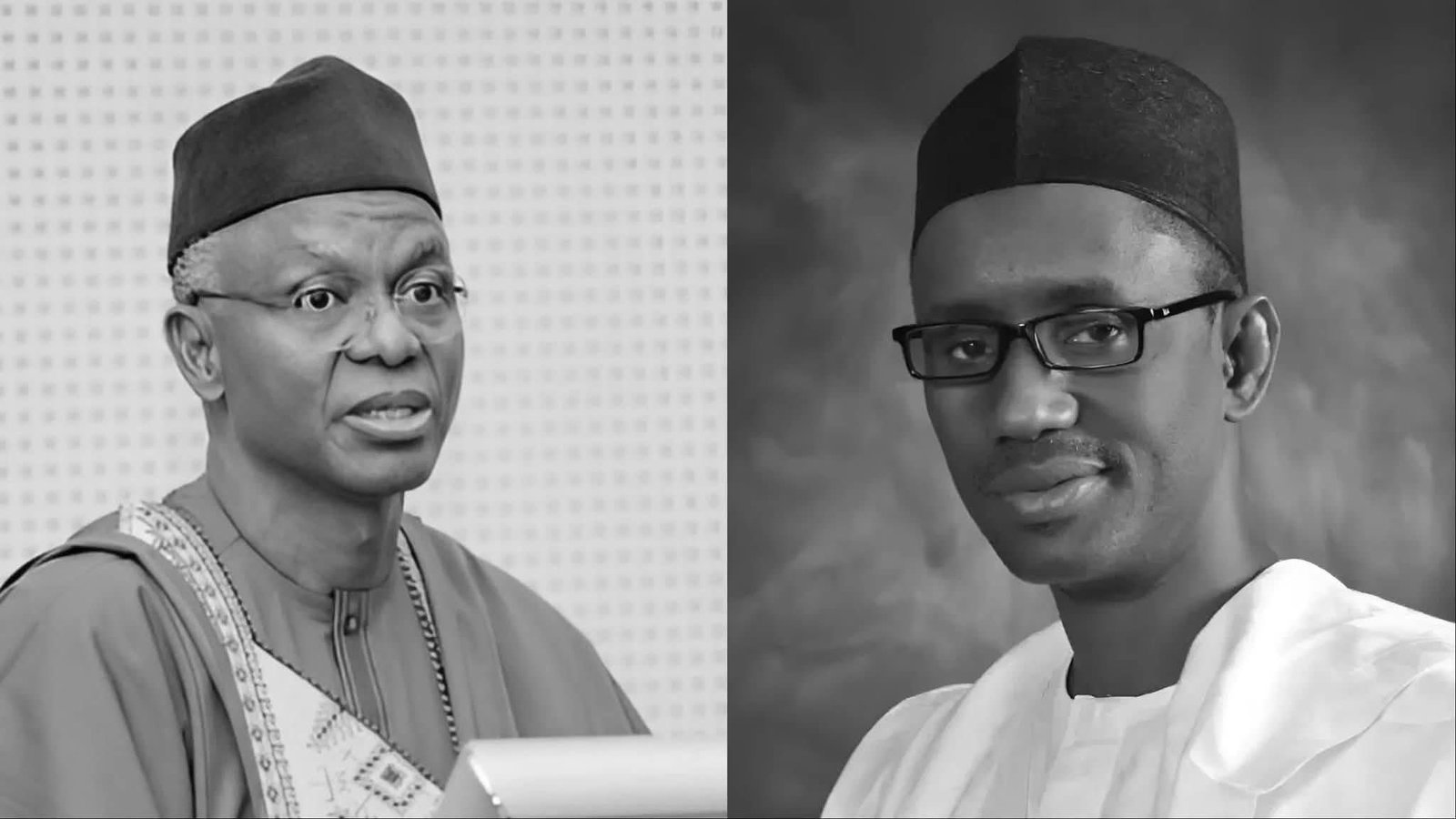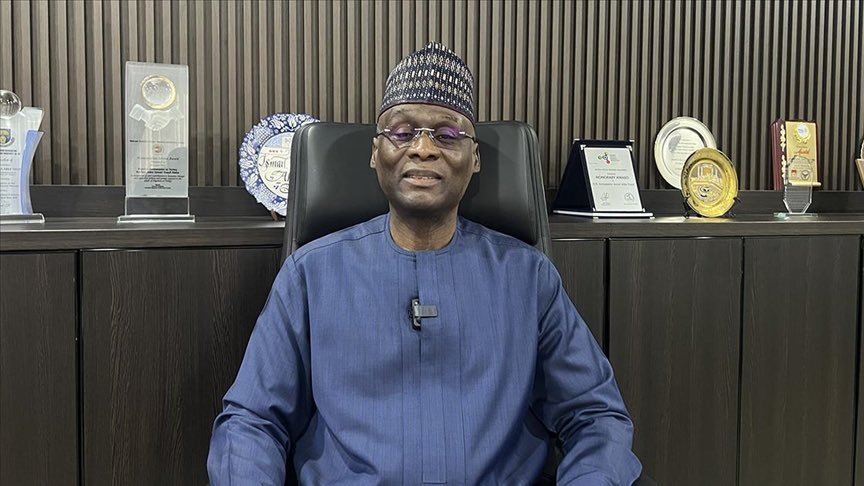This year, the African Energy Week (AEW) – the continent’s premier energy event – returns to Cape Town, South Africa, from September 29 to October 3, 2025.
Organized by the African Energy Chamber, AEW serves as a critical platform uniting policymakers, industry leaders, investors, and innovators to chart the course for Africa’s energy sector.
With a focus on investment, collaboration, and addressing energy poverty, the summit promises to deliver actionable insights and foster partnerships that could transform the continent’s economic and environmental trajectory.
Also Read:
- Nigerian Economic Summit Group Postpones Summit
- Nigeria Slashes Oil Theft by 67% in 12 Months, But Security Threats Still Cloud Energy…
- Renaissance Africa Energy Get Ministerial Approval For Acquisition of Shell
- PENGASSAN Blocked $750m Refinery Sale, Left Nigerians With Broken Plants — Now the Union Are…
The Usefulness of AEW: A Catalyst for Investment and Innovation
The African Energy Week is more than just a conference; it’s a dynamic ecosystem designed to accelerate Africa’s energy development.
By bringing together over thousands of stakeholders from across the globe, AEW facilitates high-level dialogues, investment-focused roundtables, and strategy-driven workshops that tackle the continent’s most pressing energy challenges.
Its usefulness lies in its ability to bridge gaps between governments, private enterprises, and international financiers, turning discussions into tangible outcomes like new projects and funding commitments.
For instance, the event emphasizes practical solutions, from refining dynamics and local content strategies to permitting frameworks that streamline energy investments.
In an era where Africa holds vast untapped resources – including oil, gas, solar, wind, and geothermal potential – AEW provides a space to showcase innovations, negotiate deals, and build resilient supply chains.
This not only boosts energy security but also creates jobs, enhances technological transfer, and promotes sustainable practices, making it indispensable for stakeholders aiming to capitalize on Africa’s energy boom.
What AEW Means for Africa: Empowering Growth and Equity
For Africa, AEW represents a beacon of empowerment in a world often dominated by external narratives on energy transitions.
The summit underscores the continent’s strategic importance, highlighting how Africa’s resources can drive global energy needs while prioritizing local benefits.
It means fostering energy independence, reducing poverty through improved access, and positioning Africa as a leader in balanced energy strategies that integrate fossil fuels with renewables.
Economically, AEW signals opportunities for growth. Recent discoveries in oil and gas, such as those in Namibia and Mozambique, are poised to attract foreign investment, create employment, and bolster GDP.
On the sustainability front, it advocates for a just transition, where natural gas serves as a bridge fuel to support the shift to renewables, ensuring that energy poverty – affecting millions across the continent – is addressed without compromising development goals.
Politically, it encourages regional collaboration to mitigate supply chain disruptions and geopolitical risks, such as those from conflicts in Ukraine and the Middle East, by diversifying energy sources and enhancing cross-border trade.
Moreover, AEW amplifies African voices at global forums like COP29, defining a strategic approach that balances environmental standards with the need for rapid industrialization. For nations like Kenya, Ethiopia, South Africa, and Nigeria, it means leveraging public-private partnerships to expand electrification through mini-grids, solar projects, and infrastructure reforms, ultimately fostering inclusive growth and resilience.
A Detailed Review of AEW 2024: Highlights, Outcomes, and Lessons Learned
The 2024 edition of African Energy Week, held from November 4 to 8 in Cape Town, was a resounding success, drawing widespread attention for its focus on a balanced energy future amid global uncertainties.
Themed around investment in African energies, the event featured over 100 sessions, including keynote addresses, panel discussions, and technical workshops, attracting delegates from more than 50 countries.
Key highlights included the Africa-OPEC World Oil Outlook session, which emphasized Africa’s growing role in global oil production and the importance of alliances like OPEC+ for stabilizing markets and supporting African producers.
Panels on cross-continental and regional collaboration addressed supply chain vulnerabilities, noting that most of Africa’s trade relies on sea routes prone to disruptions, and advocated for stronger intra-African partnerships to enhance resilience.
The Just Energy Transition Summit spotlighted green hydrogen projects and investment opportunities in leading markets, showcasing innovations in renewables and logistics integration for future industrial hubs.
A major outcome was the recognition of industry leaders through prestigious awards, honoring decades of visionary contributions to Africa’s oil, gas, and energy sectors.
These accolades not only celebrated achievements but also inspired ongoing innovation. On the deal-making front, the summit facilitated discussions that led to commitments in energy growth through enabling environments, including policy reforms to attract investments in LNG projects across Mozambique, Nigeria, and Senegal.
Critically, AEW 2024 balanced fossil fuel advocacy with sustainability, aligning with broader reviews like PwC’s Africa Energy Review 2024, which stressed maximizing value from hydrocarbons while advancing renewables.
Outcomes included pledges for international collaborations, such as battery storage consortia and hydrogen initiatives, aimed at improving energy access in East Africa through mini-grids and cross-border trade.
However, the event faced criticism from environmental groups, who argued it prioritized foreign fossil fuel interests, including projects like the East African Crude Oil Pipeline (EACOP), potentially overlooking community impacts.
Overall, the 2024 summit resulted in measurable progress: new partnerships formed, investment pipelines strengthened, and a clearer roadmap for addressing energy poverty.
It set the stage for 2025 by demonstrating how collaborative efforts can drive economic diversification and sustainable development.
Looking Ahead: AEW 2025’s Promise
As AEW 2025 kicks off today in Cape Town, it builds on the momentum of last year, positioning Africa not just as a resource supplier but as a global energy innovator.
By focusing on inclusive, resilient strategies, the summit holds the potential to unlock billions in investments, create millions of jobs, and pave the way for a prosperous, energy-secure continent.
For Africa, events like this are essential – they don’t just discuss the future; they help build it.

